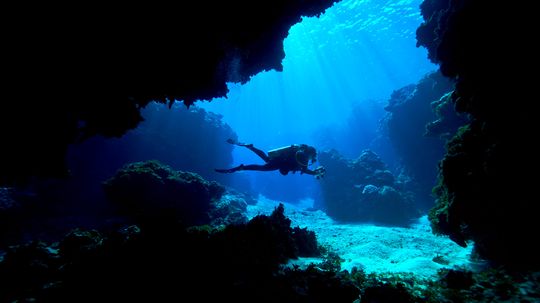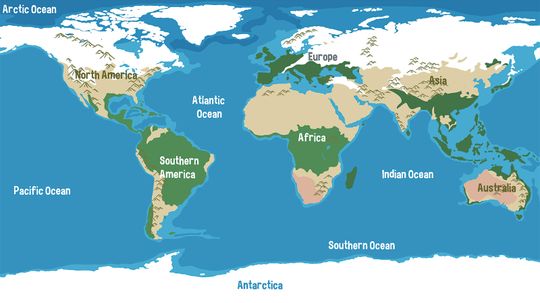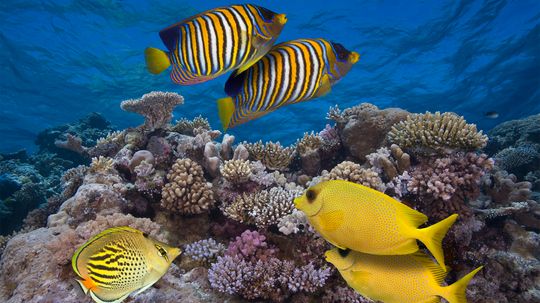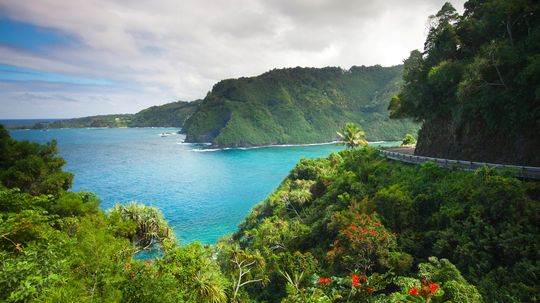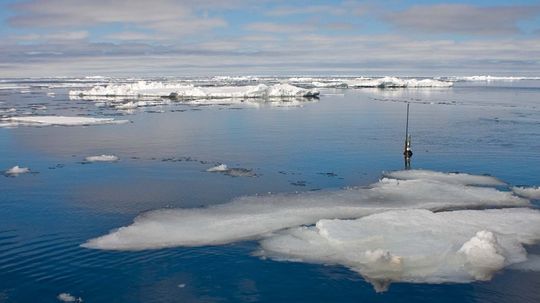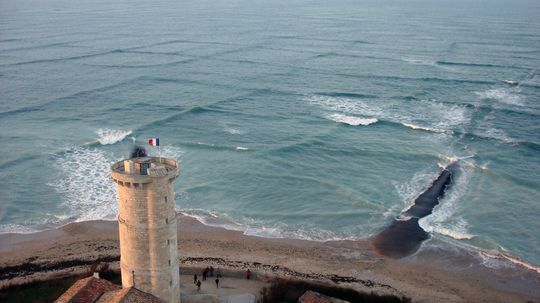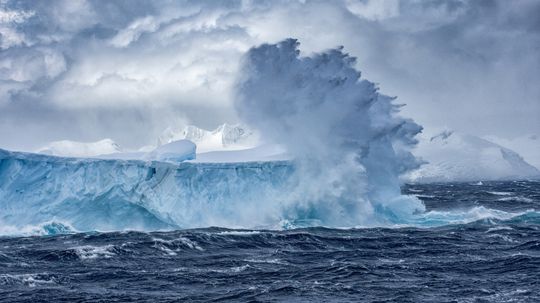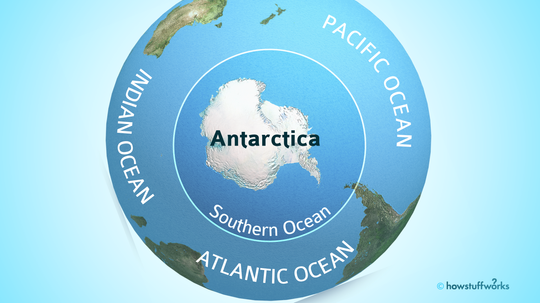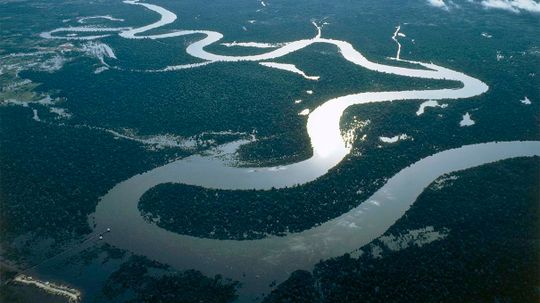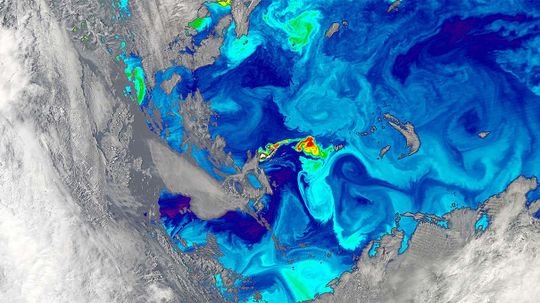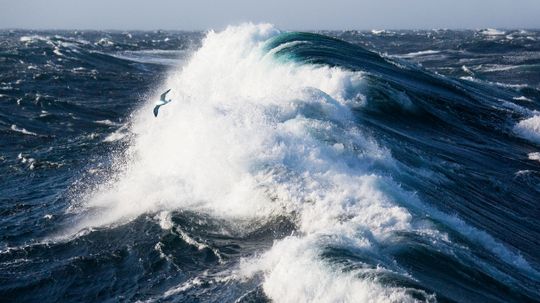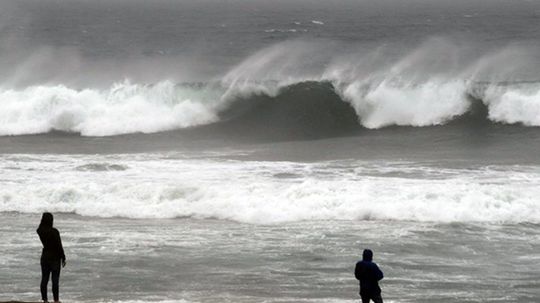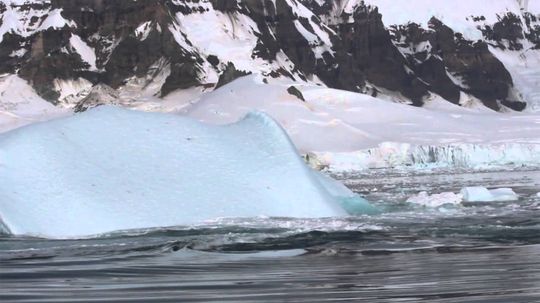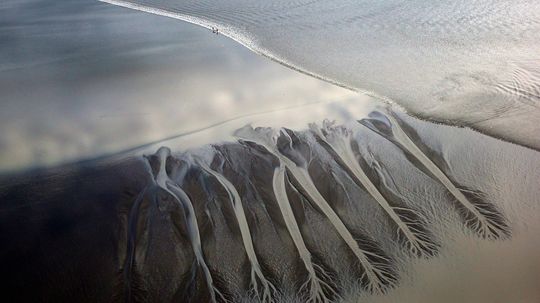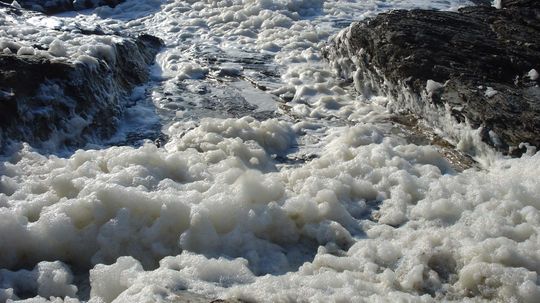Oceanography
Oceanography is the study of the oceans as ecological systems. In this section, learn about topics like currents, deep-sea research or how rogue waves work.

Worldwide Droughts Uncover Ancient Relics, Ruins and Remains

450 Huge Geometrical Earthworks in the Amazon Hint at Past Civilizations

Ancient Egyptians Believed Cats Had 'Divine Energy'
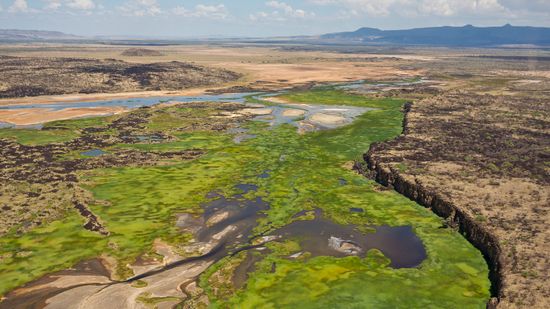
Is Africa Splitting in Two? Really? Here's the Scoop
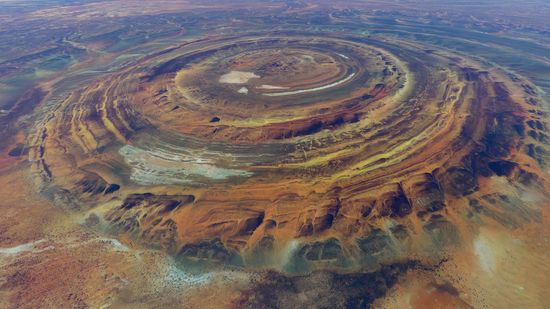
What Exactly Is the Eye of the Sahara, aka the Richat Structure?

The Driest Place on Earth: Chile's Atacama Desert

10 Longest Rivers in the U.S.: From the Missouri to the Brazos

What Is the Smallest State in the USA? Looking at Area and Population
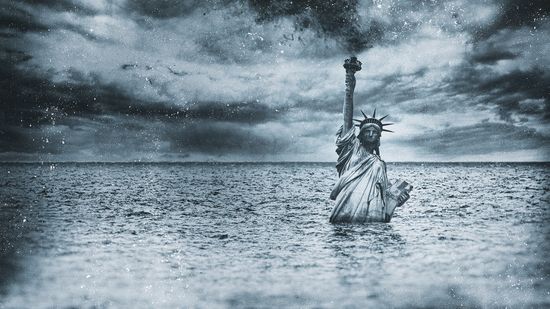
Venice Isn't Alone: 7 Sinking Cities Around the World
Learn More / Page 2
You might be surprised at how little of the world's oceans scientists have investigated.
The oceans take up most of the surface area of our planet and remain mostly unexplored. But how many oceans are there?
If it looks like a party is on, maybe they'll come back. Playing the sounds of a noisy, healthy coral reef can attract important fish species to devastated reef habitats.
Advertisement
It covers more than 30 percent of the planet, and is home to all kinds of sea creatures. What other facts make the Pacific Ocean so amazing?
By Mark Mancini & Yara Simón
NOAA's Argo program distributes floating observatories across the globe. Why? They collect data about the world's oceans that is critical to understanding the planet.
Square waves also called Cross-sea waves may looks super cool. But you never want to get caught up in the grid-patterned waves they generate.
EXXpedition founder Emily Penn will captain the 300, all-female crew in its first Round the World sailing voyage.
Advertisement
To say geologic time moves at a snail's pace is an insult to snails. Our planet's continents are always in flux: Could a new ocean grow amid those incredibly slow changes?
The Southern Ocean has finally been officially recognized, though scientists have known about it for over a century.
Ever wondered what's the difference between a river, a stream, a brook and a tributary?
By Amanda Onion
Ocean water is not actually blue, but appears in different shades for many reasons.
By Amanda Onion
Advertisement
The Denmark Strait cataract dwarfs every other waterfall in the world, but you can't see it because it's deep under the Atlantic Ocean.
Climate change may be melting glaciers, but it's also reducing the oxygen of the world's oceans. Without oxygen, many marine organisms may no longer be able to survive.
Around 90 percent of an iceberg is under the water, but changing weight distribution caused by melting can make it flip.
The super-cool phenomenon of tidal bores happens in only a few places on the globe, and it takes a very specific set of conditions to occur.
By Mark Mancini
Advertisement
Anyone who's been to the ocean has probably seen the foamy white stuff that clings to the sand after a wave breaks and recedes, but what the heck causes that bubbly foam and is it dangerous?
